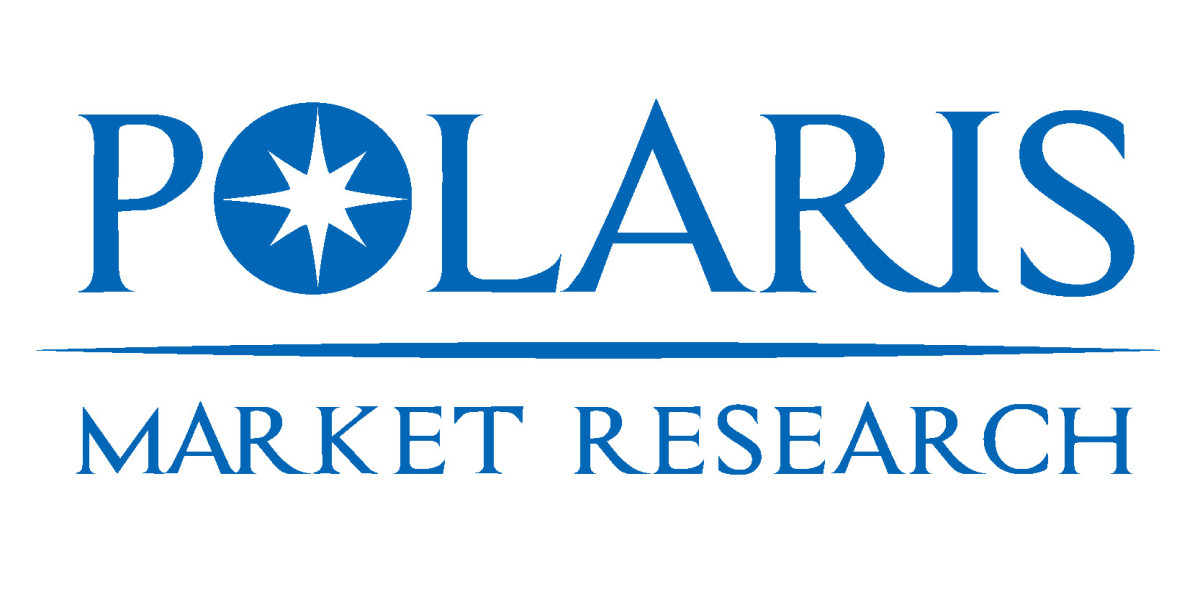In recent years, outpatient clinics have experienced a significant transformation in how they manage patient care and documentation. One key development contributing to this shift is the growing demand for virtual scribe service. As healthcare providers seek efficient ways to enhance patient interaction and reduce administrative burdens, medical scribe jobs are rapidly increasing, especially within outpatient settings. This rise reflects not only the evolving landscape of healthcare but also the critical support scribes provide in streamlining clinical operations.
Why Outpatient Clinics Need Medical Scribes
A medical scribe's role is to document patient encounters in real time, allowing physicians to focus on patient care rather than paperwork. This dynamic has proven particularly beneficial in outpatient clinics, where high patient volumes and short appointment durations demand maximum efficiency. As clinics strive to reduce wait times and improve care quality, the presence of a medical scribe has become indispensable.
The Rise of Virtual Scribe Services
One of the most notable trends fueling this growth is the expansion of virtual scribe service options. Unlike traditional onsite scribes, virtual scribes work remotely, accessing electronic health records (EHR) systems through secure platforms. They listen to patient visits via audio or video feed and input information into the EHR in real time. This model allows clinics to tap into a wider pool of talent, increase flexibility, and often reduce costs associated with hiring full-time in-house staff.
The Role of the Scribe Nurse
In this evolving environment, the role of a scribe nurse is also gaining traction. Nurses who step into scribe roles bring clinical knowledge that enhances documentation accuracy and allows for a deeper understanding of medical terminology and procedures. Their dual expertise makes them especially valuable in fast-paced outpatient clinics where precision is crucial. Nurse scribes often assist not only with charting but also with streamlining communication between different members of the care team, ensuring a more seamless experience for patients.
Combating Physician Burnout
Another reason outpatient clinics are increasingly hiring medical scribes is to combat physician burnout. Providers in outpatient settings often juggle multiple responsibilities within tight schedules. The burden of entering data into EHR systems during or after each appointment can lead to fatigue, errors, and reduced job satisfaction. Medical scribes alleviate this pressure, enabling doctors to maintain focus during visits and spend more time on direct patient care. Over time, this improves morale, reduces turnover, and enhances the overall effectiveness of the clinic.
Improving Documentation Quality and Billing Accuracy
In addition to improving workflow efficiency, scribes contribute to higher documentation quality. Accurate, timely charting reduces the risk of coding errors and improves the likelihood of appropriate reimbursements from insurance companies. In outpatient clinics, where billing accuracy directly impacts revenue, having well-documented patient visits is a major asset. Virtual scribes are trained to follow specific documentation protocols, ensuring compliance and consistency across all encounters.
Technology Advancing the Scribe Role
As technology continues to advance, the tools available to medical scribes are becoming increasingly sophisticated. Voice recognition software, artificial intelligence-assisted documentation tools, and secure cloud-based platforms all enhance the capabilities of both onsite and virtual scribes. Outpatient clinics adopting these innovations are finding it easier to integrate scribe services into their operations, further accelerating the adoption trend.
A Valuable Career Opportunity
The rise in medical scribe jobs in outpatient clinics also offers promising career paths for individuals interested in healthcare. Whether entering the field as a stepping stone to medical or nursing school or building a long-term career, scribing provides valuable clinical exposure and skill development. Many virtual scribe service providers offer comprehensive training programs, making it accessible even to those without prior clinical experience.
Conclusion
In conclusion, medical scribe roles are becoming a cornerstone of outpatient clinic operations. With the rise of virtual scribe service models and the valuable contributions of scribe nurse, clinics are better equipped to provide high-quality, efficient care. As this trend continues, the integration of medical scribes into outpatient care teams will only grow stronger, driving improvements across the board in both patient and provider experiences.






